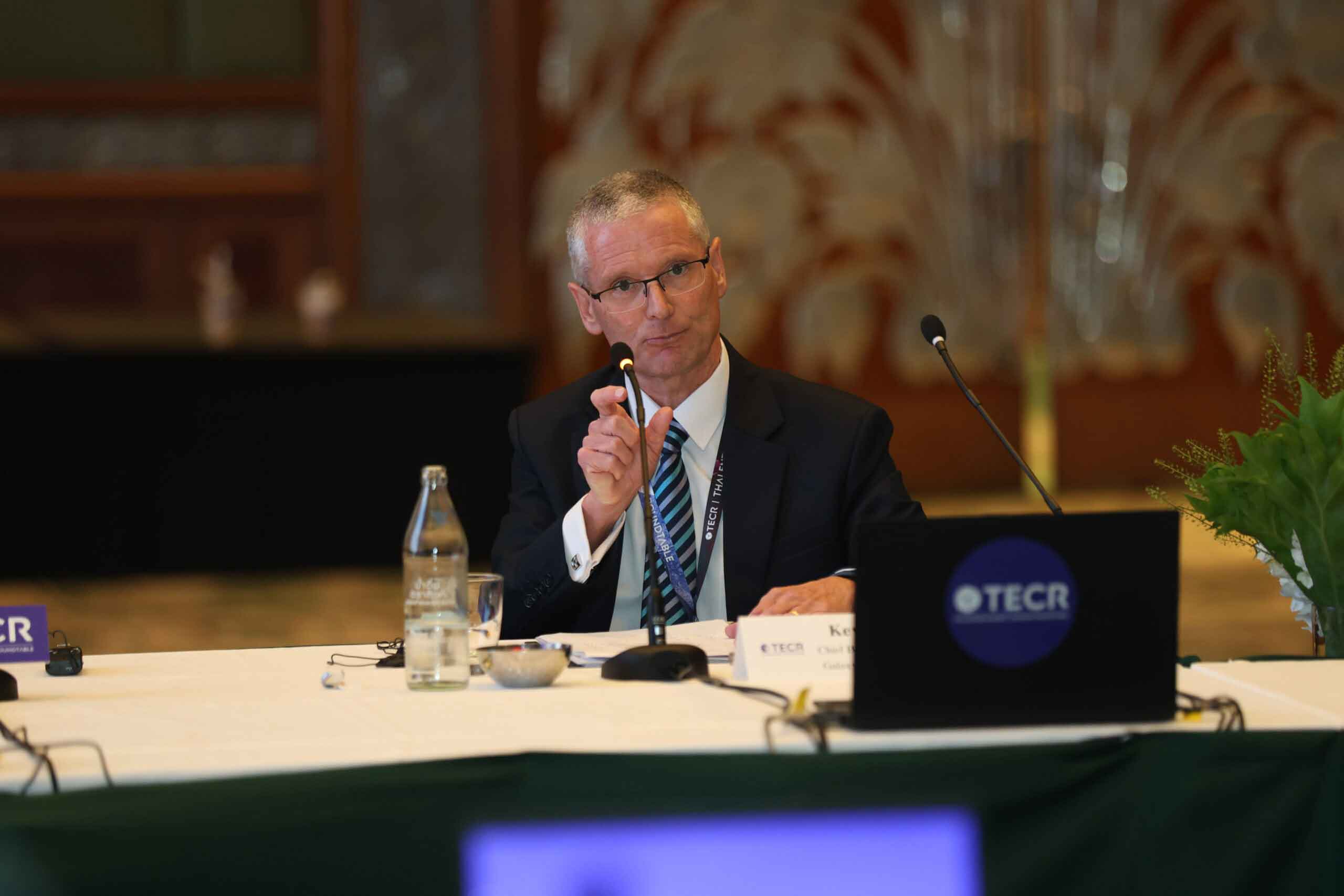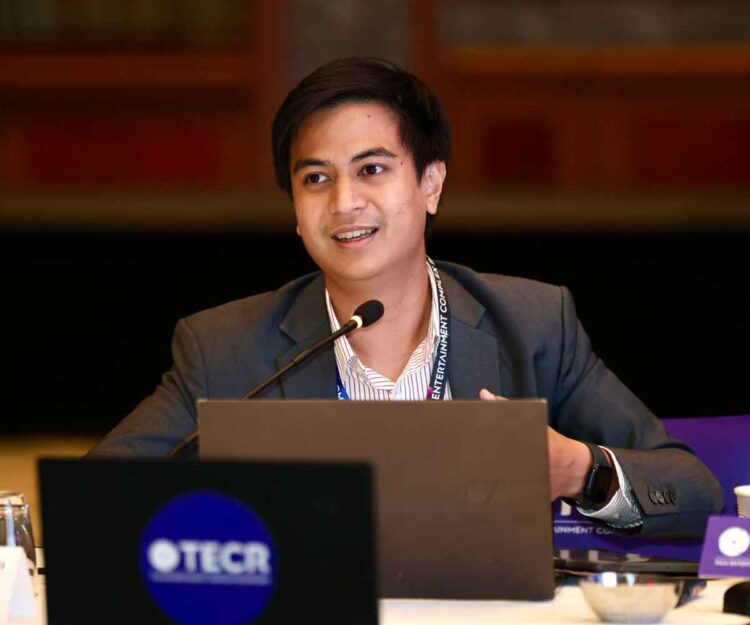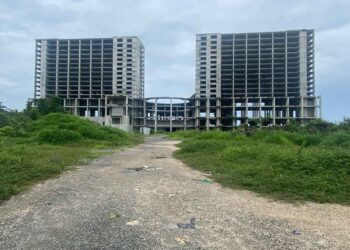One of Thailand’s most vocal parliamentary members to speak out against the Entertainment Complex Bill has questioned the government’s honesty in proceeding with a controversial THB50 million (US$1.5 million) bank deposit requirement for locals gambling after operators reiterated their stance that such a requirement would be a “deal breaker” for significant investment into the country.
Parit Wacharasindhu, Member of Parliament and Spokesperson for the opposition Prachachon (People’s) Party, said the fact that the requirement had been retained in the draft bill presented to the Senate for review raised questions over the validity of the bill because the government was either not properly informed on operator concerns or was aware and had chosen to push ahead anyway.
Galaxy Entertainment Group’s Chief Brand Officer, Thailand, Kevin Clayton, earlier suggested that the amount operators would be willing to invest into Thailand would be dramatically reduced if the requirement was retained because it essentially excluded locals gaming.
Parit argued that it was extremely concerning to think the government would progress the Entertainment Complex Bill to parliament without addressing the concerns of potential operator partners. If they are aware, he added, this means the government has either not acknowledged the fatal blow this would deal to its legal casino hopes or is simply appeasing opposition voices with the intention of removing the requirement at a later date.
From the operator’s perspective, the THB50 million stipulation remains a major sticking point that promises to deny Thailand an opportunity to develop some of the world’s most highly anticipated casino-resorts.

“You are principally putting a ban on locals entering the casino, so let’s address the elephant in the room – that would be a deal breaker and certainly a deal breaker for a multibillion-dollar entertainment complex for Thailand,” Clayton stated, pointing to the lower development costs of such entertainment complexes in the foreigner-only market of South Korea compared with other jurisdictions as a case in point. The Thai government this week outlined its expectation that entertainment complexes would demand a minimum investment of THB100 billion (US$3 billion) each, while Korea’s largest ECs – Paradise City and INSPIRE Entertainment Resort – cost less than half of that.
“The reason [for this] is because locals are not allowed to gamble in those precincts and therefore if Thailand puts a huge restriction on locals going into a casino environment in Bangkok or other locations around Thailand then the investment that would be made in an entertainment complex would be of a reflective scale. It wouldn’t be the tourism attraction that Thailand deserves and warrants, but if you open up the market [to locals who already gamble in underground casinos] and allow gambling to occur in an entertainment complex in Thailand, you’re fulfilling the needs of the Thai people.”
Drawing on Singapore’s RFP experience 20 years ago, of which he was involved, Clayton added, “Singapore highlighted and identified very early on in its cycle in 2005 that if it didn’t have external investment making multibillion dollar investments in a manmade attraction in Singapore then the brand would be impacted and the tourism numbers would impacted accordingly.
“The only way you can make this work is by allowing people to go into the casino, maybe with certain conditions attached, because it will attract multi-billion-dollars worth of investment, it will make this country far more effective and it will generate a huge amount of jobs as a function of that.
“By putting a number on somebody’s assets and making that the restriction on whether somebody can go into a casino environment changes the [economic] model significantly and would mean that Thailand would not attract the level investment I think it deserves as a nation.”
The Thailand Entertainment Complex Roundtable facilitated open and honest discussion between both sides of the entertainment complex argument in Thailand, with Parit and others – including political law expert and public policy advisor Verapat Pariyawong – detailing concerns around the true economic and tourism benefits that such resorts can bring, the potential impact on Thailand’s relationship with China and the ability of the government and operators to shield citizens from gambling harm and crime.
Clayton, alongside Chris Gordon, President of Wynn Development, and Geoffrey Davis, Executive Vice President and CFO of Melco Resorts, detailed how they have successfully navigated such challenges in the many other jurisdictions in which they operate.
A tangible contribution that entertainment complexes have typically made in many other jurisdictions, Clayton explained, was to increase the length of stay of international visitors.
“This was one of the factors I distinctly remember Singapore’s Prime Minister discussing in 2005 because Singapore had a major problem of people simply transiting through or maybe staying one night before flying off to their intended destination,” he said. “Today, the average length of stay in Singapore is 3.5 days.
“If you consider that Thailand had around 36 million visitor arrivals last year, you can imagine the economic impact it would have if everyone stayed for just one more day.
“Of course, not all of those visitors are going to visit entertainment complexes but you only need a fraction of those to recognize the additional attractions that these buildings offer to have a massive and very real impact on the cities and areas in which they are located.”




































